Latest News
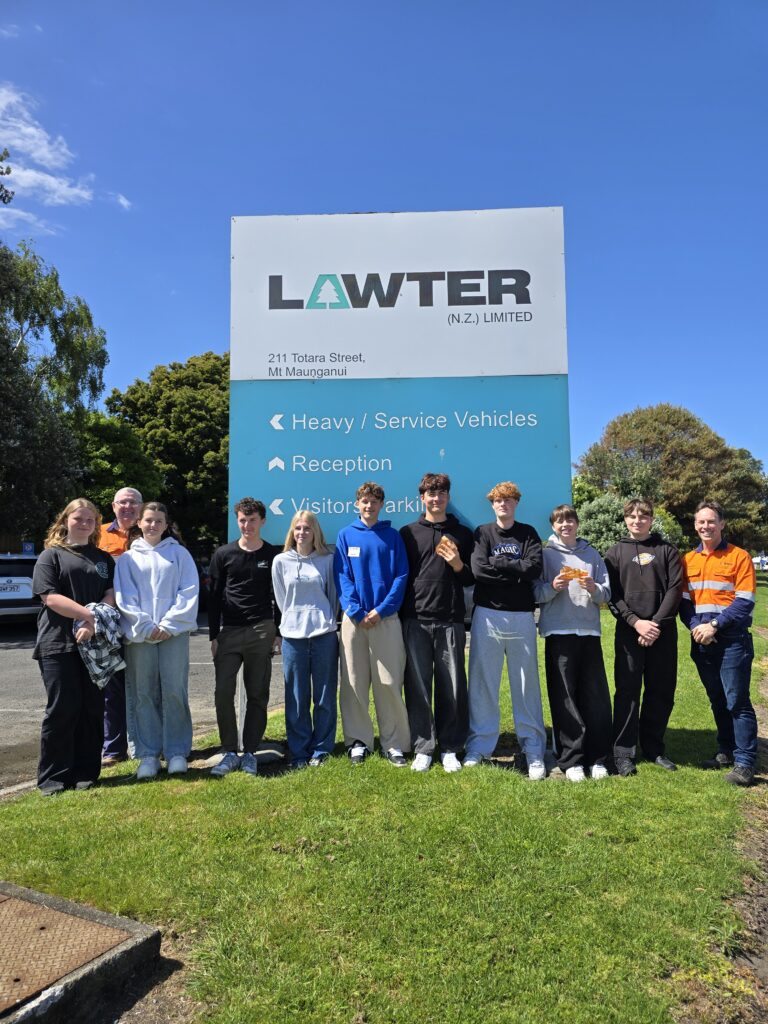
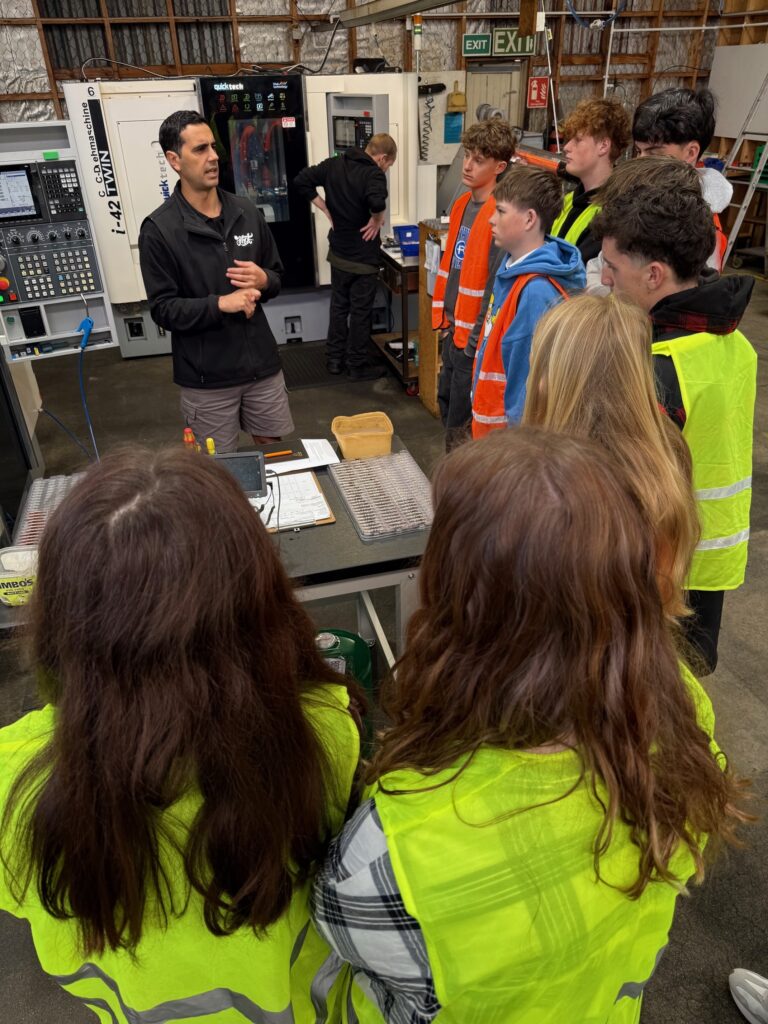
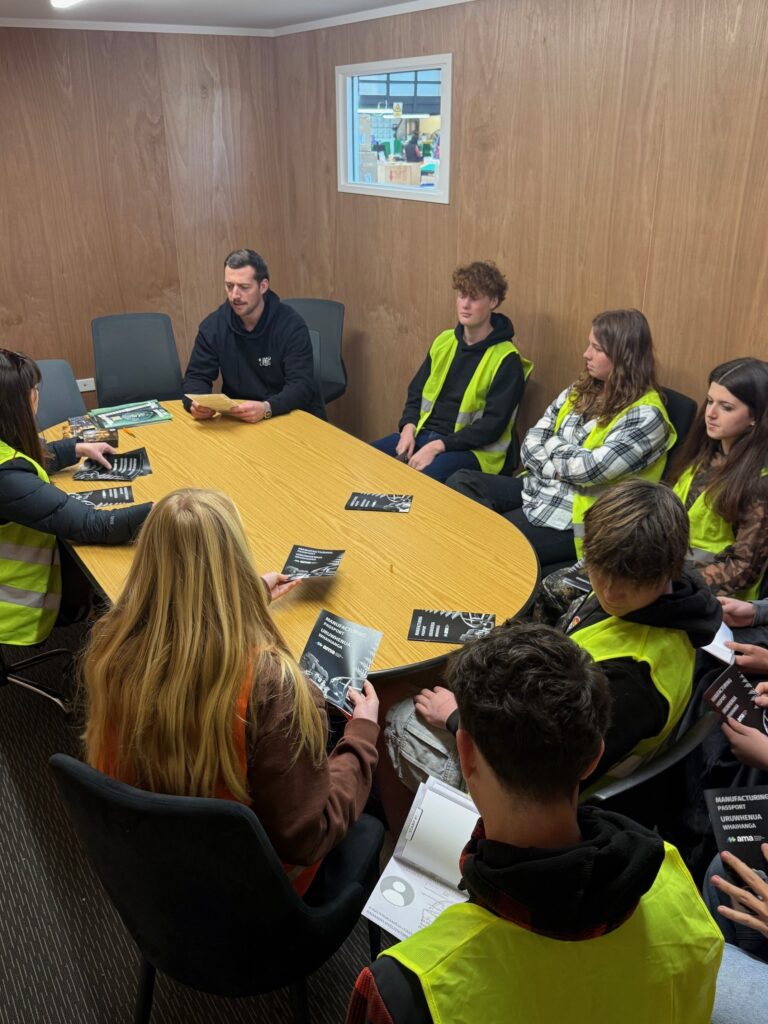
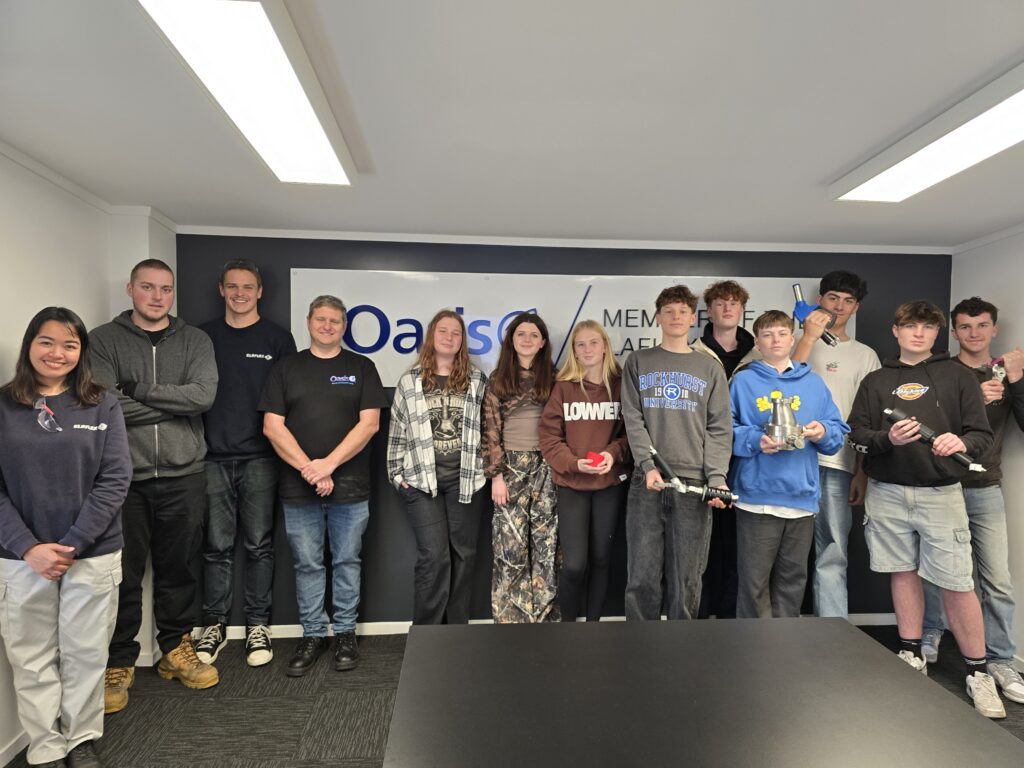
Manufacturing is one of the quiet engines of our region’s economy. Behind the warehouse doors and factory floors are people shaping everything from advanced engineering and automation to chemical processing, precision design, and sustainable materials. They quietly drive our local growth, infrastructure, innovation achievements and export strength. And while technology continues to evolve at pace, the sector’s greatest challenge is not machinery or supply chains. It’s finding and growing the people who will carry the industry forward.
Across the region, manufacturers are grappling with an ageing workforce and a widening skills gap. At the same time, many young people see manufacturing through an outdated lens, imagining grease and grit rather than robotics, coding, design, and high-tech problem-solving. That perception gap is more than a branding issue; it’s a threat to the region’s future productivity and competitiveness.
The AMA Manufacturing Passport Programme was developed in response to that challenge. Led by Dan Bromley, Vocational and Pathways Lead at Priority One, and in partnerships with Advancing Manufacturing Aotearoa (AMA), the programme connects secondary school students directly with local manufacturers through a structured series of site visits and learning experiences. Its goal is to increase awareness, spark curiosity, and build a sense of relevance between what students learn at school and the possibilities within the manufacturing sector.
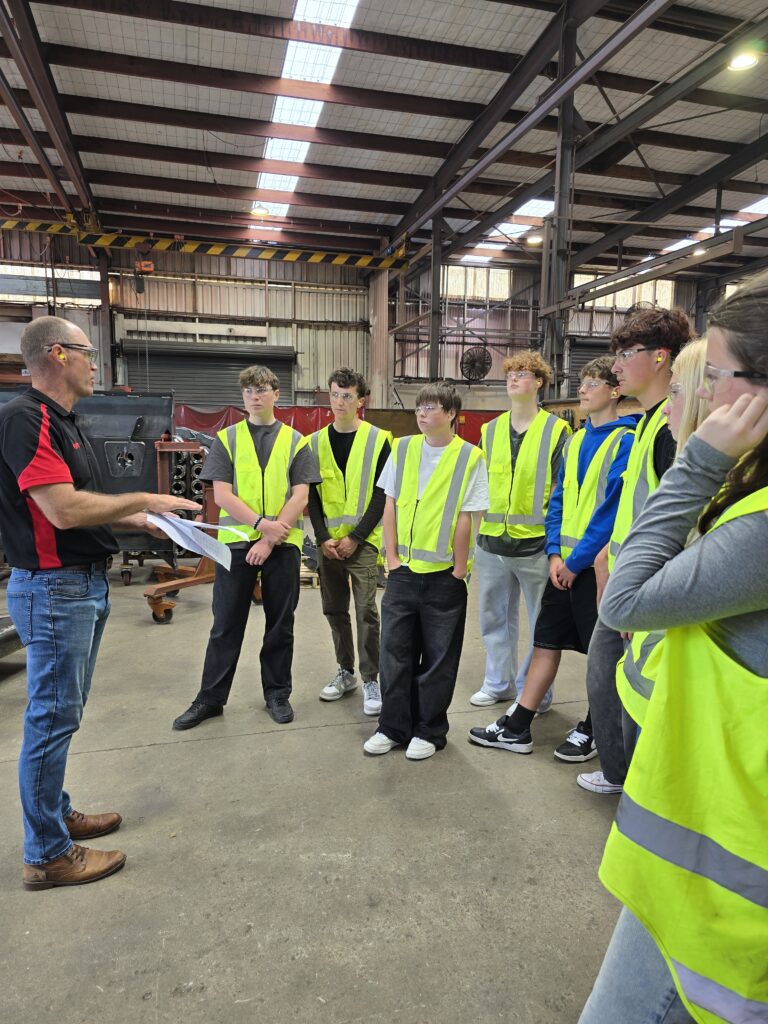
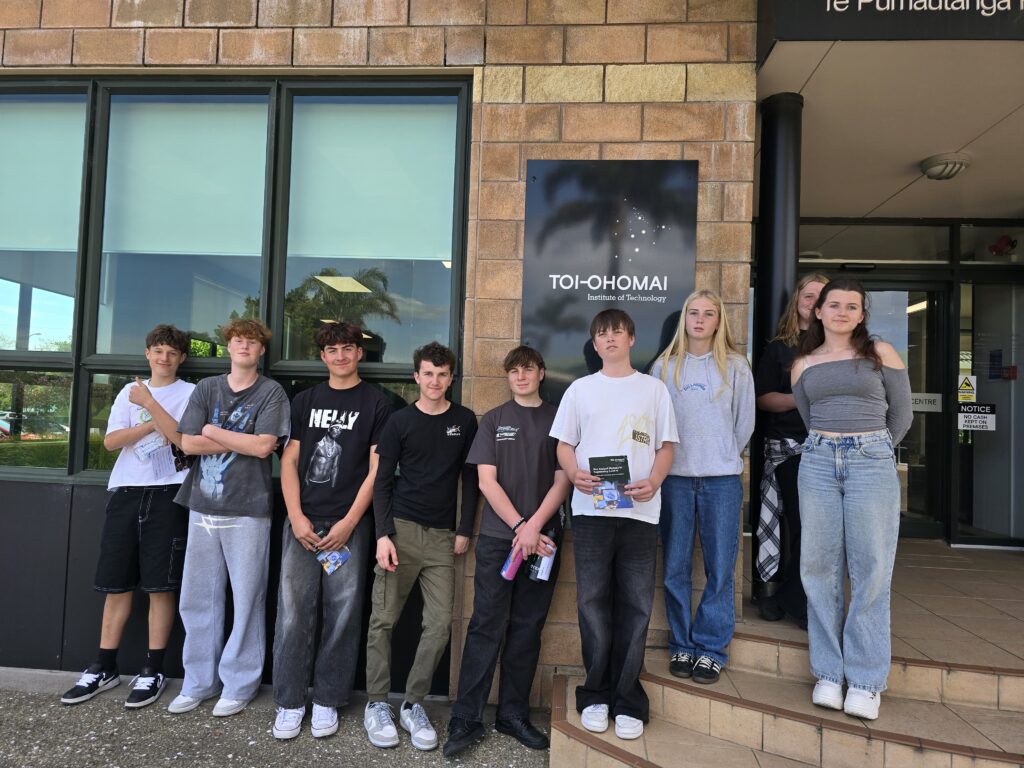
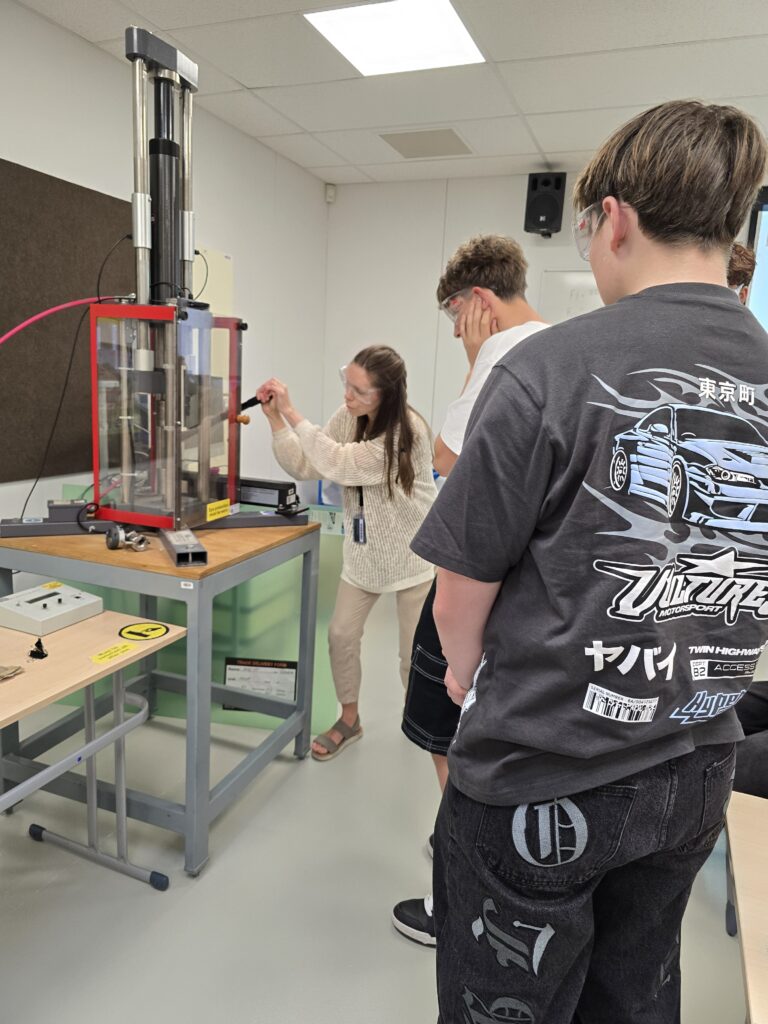
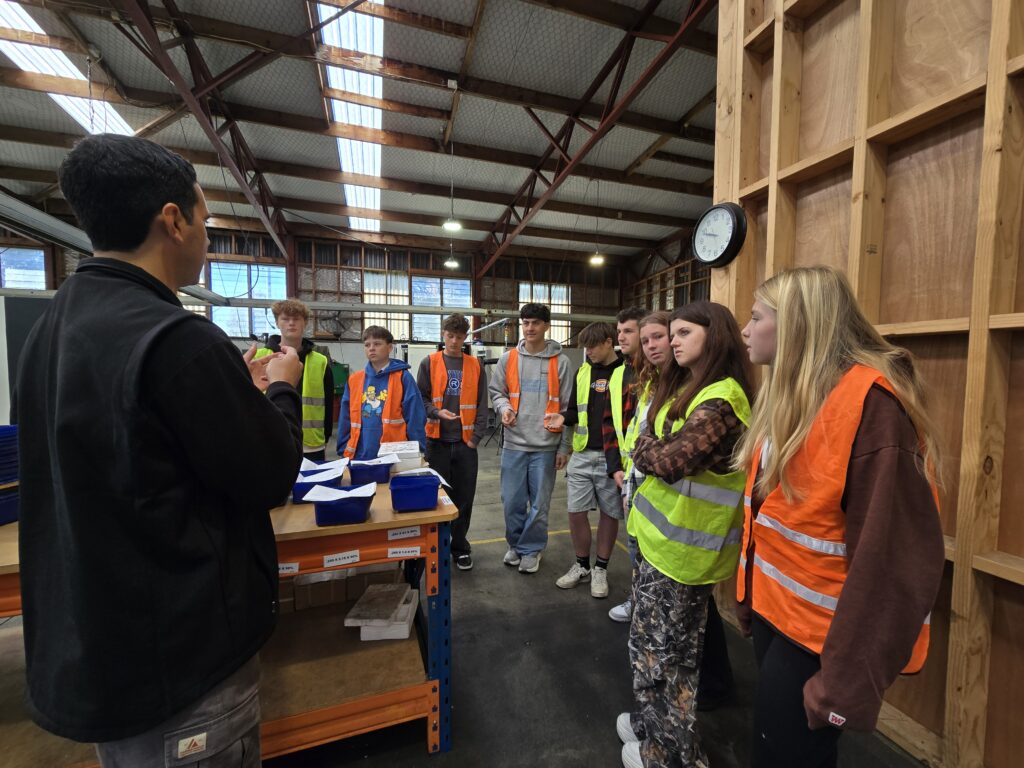
Businesses such as Shot Darts, Oasis Engineering, Trimax, and Lawter, are giving students in Years 11-13 the chance to experience manufacturing from the inside. Over four visits, they gain exposure to different environments, from mechanical engineering and production lines to design, coding, and automation. Each visit earns a stamp in their Manufacturing Passport. Students who complete the programme receive a digital badge and certificate they can include on their CV or LinkedIn profile, acknowledging their participation and growing understanding of the industry.
Dan Bromley describes the programme as “a bridge between curiosity and career.” His work across the Vocational and Pathways portfolio focuses on connecting education with industry in ways that feel real and meaningful for young people. The Manufacturing Passport builds on that vision by making industry exposure something tangible and recognised. It gives students a reason to look at their region differently, to see opportunity not as something that exists elsewhere, but right here in their own back yard.
Many students commented on how advanced the technology was and how wide the range of roles could be within a single business. Some were surprised to discover that manufacturing includes areas like computer coding, design, and marketing, while others said they had not realised how clean, modern, and collaborative the environments could be. One student reflected that, “these visits revealed how many jobs are within a single company. It really opened my eyes.”
For local employers, the value is equally clear. By hosting visits, they are not only showing what they do but are also supporting the next generation of employees and innovators. They are investing in visibility and trust, two factors that matter deeply when encouraging young people to see a future in the sector.
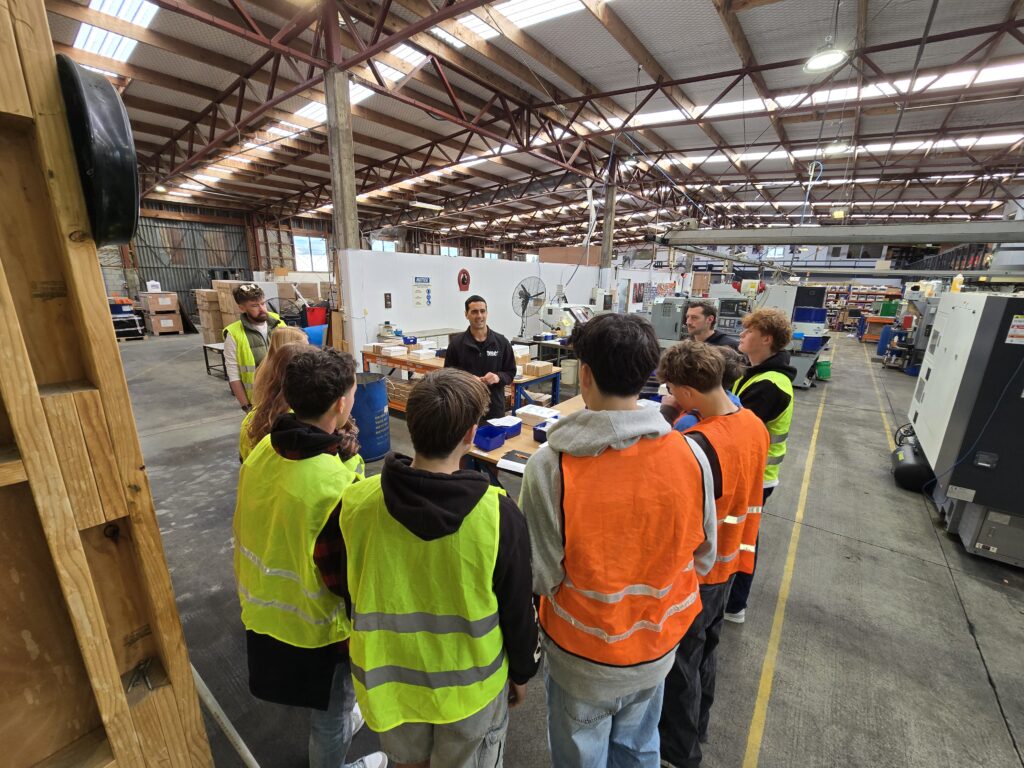
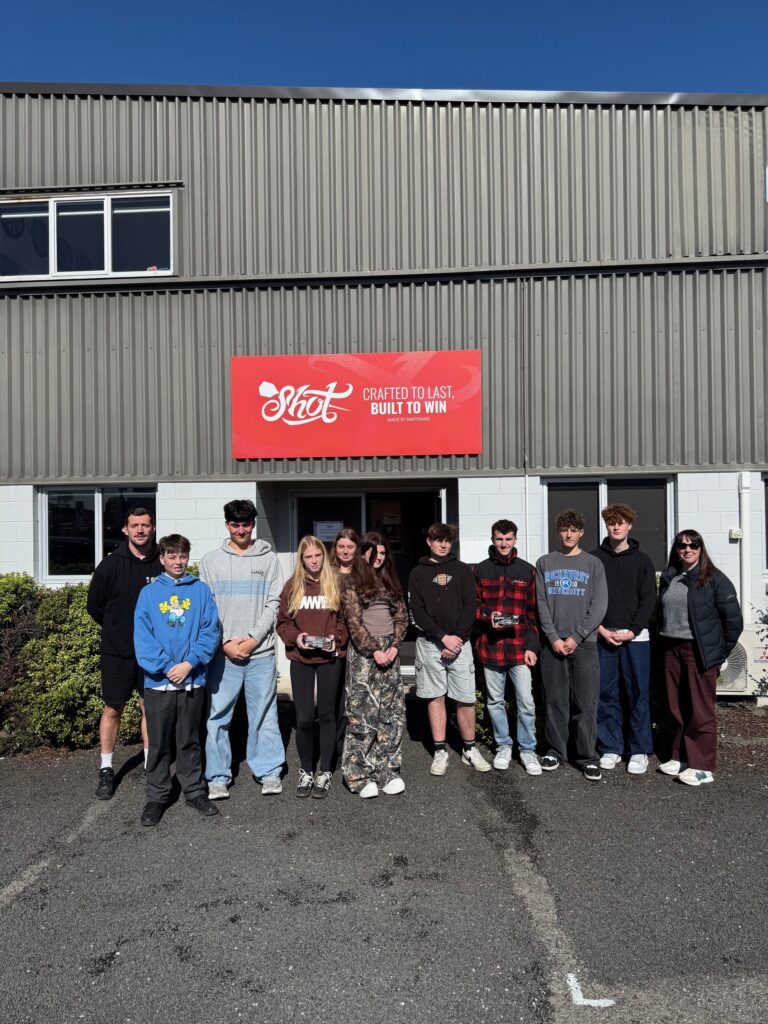
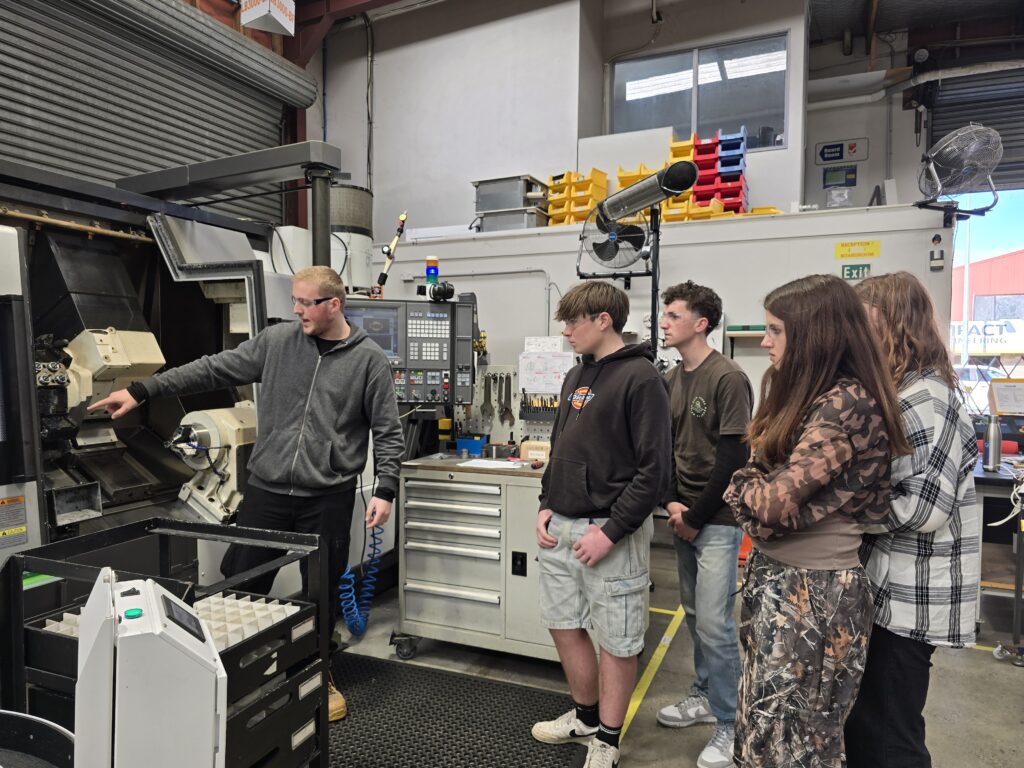
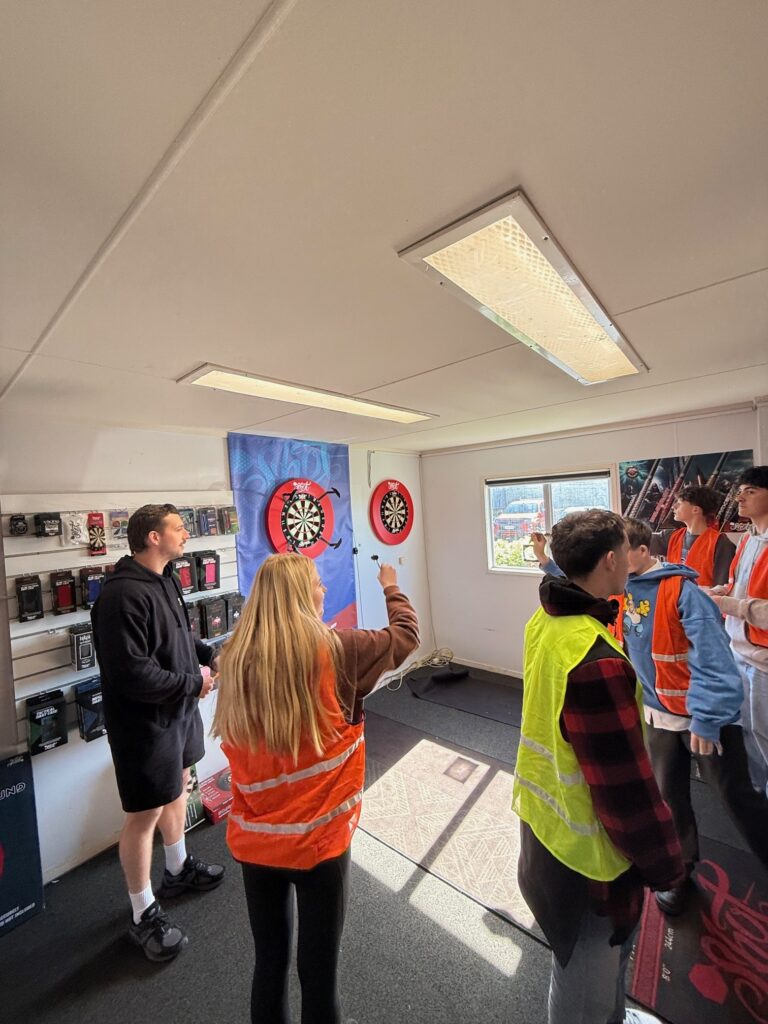
Tauranga’s manufacturing story has always been about making things that last. When students step inside these workplaces, they see how their own strengths and interests can fit into real-world pathways. When businesses open their doors, they help strengthen the region’s talent pipeline and keep vital skills circulating locally.
Catherine Lye, CEO of AMA, says they are thrilled to be part of transformational change in New Zealand manufacturing. The Western Bay of Plenty collaboration with schools, manufacturers, Priority One and Advancing Manufacturing Aotearoa is creating real pathways for students into high value careers. Initiatives like the Manufacturing Passport show purposeful partnerships driving a stronger, more skilled future.
In a global economy where skilled labour is increasingly mobile, local connection becomes a form of resilience. Programmes like this one, remind us that talent attraction is not only about drawing people in from outside. It is equally about cultivating the potential already here, supporting young people to see themselves as part of Tauranga’s economic future.
If you’d like more information or you’d like to get involved, contact Dan Bromley on dan@priorityone.co.nz
